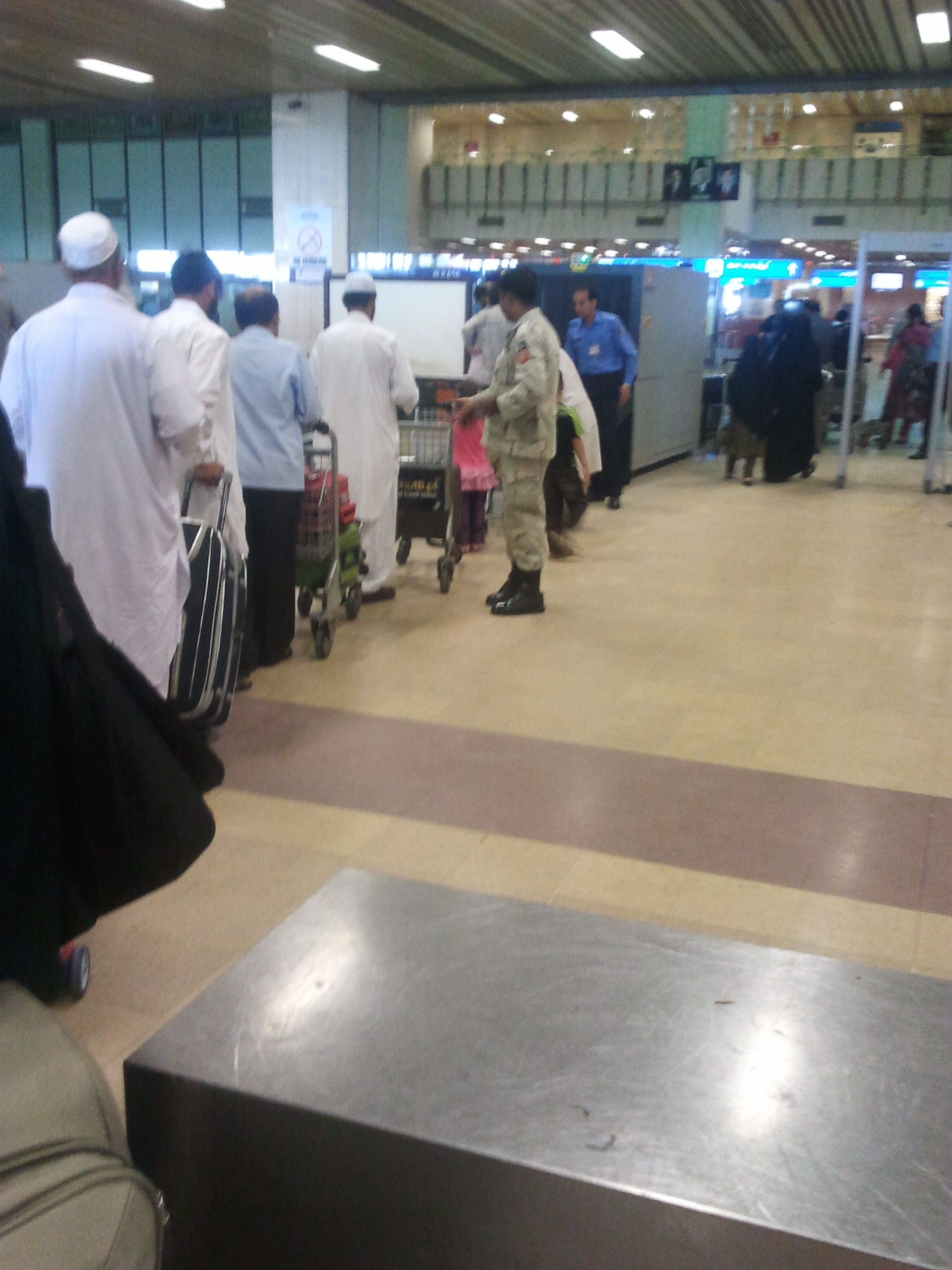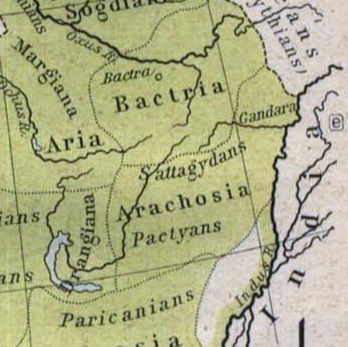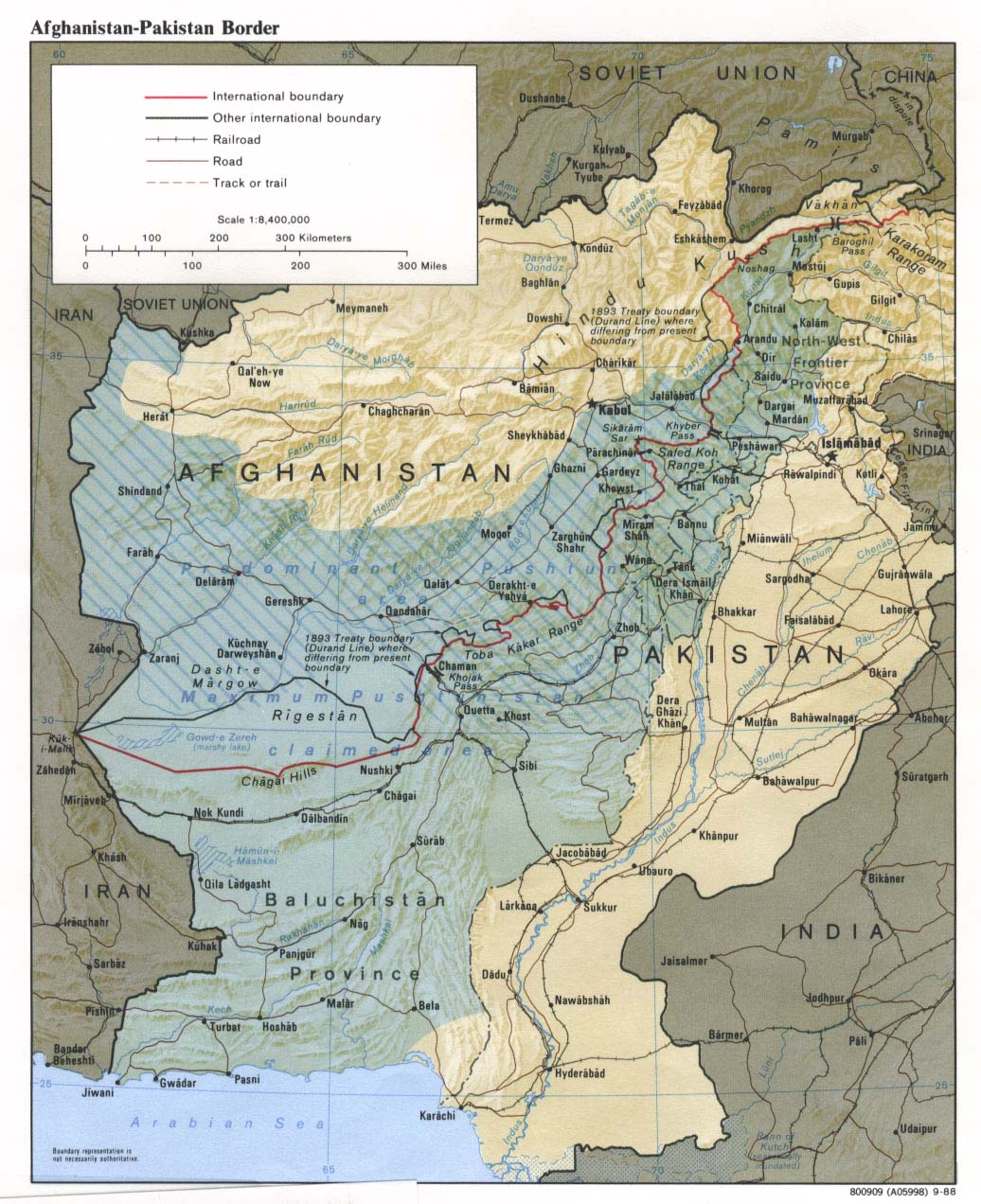|
Balochistan Levies
Balochistan Levies is a paramilitary gendarmerie in the Pakistani province of Balochistan, Pakistan, Balochistan. It operates as one of two primary law enforcement agencies tasked with maintaining law and order in the province. The levies force has jurisdiction in most districts of Balochistan (Pakistan), districts of Balochistan. History The force has its origins back in the days of the British Raj, and has continued to function for over a century. It is headed by a director-general and is mostly constituted by local security personnel, including Baloch people, Baloch and Pashtun people, Pashtun officers. During the regime of Pervez Musharraf, the Balochistan Levies had been disbanded and merged into the provincial police force. It was restored in 2010. Operations Areas which are manned by and are under the control of the Levies are called "B-Areas" which constitute around 90% of the total area of Balochistan while those under the control of the Balochistan Police are dubbed "A-A ... [...More Info...] [...Related Items...] OR: [Wikipedia] [Google] [Baidu] |
Director General
A director general or director-general (plural: ''directors general'', ''directors-general'', ''director generals'' or ''director-generals'' ) or general director is a senior executive (government), executive officer, often the chief executive officer, within a governmental, statutory, NGO, Voluntary sector, third sector or not-for-profit institution. The term is commonly used in many countries worldwide, but with various meanings. Australia In most Australian states, the director-general is the most senior civil servant in any government department, reporting only to the democratically elected minister (government), minister representing that department. In Victoria and the Australian Government, the equivalent position is the Departmental secretary, secretary of the department. The Australian Defence Force Cadets has three Directors-General which are all one-star ranks: *Director-General of the Australian Navy Cadets *Director-General of the Australian Army Cadets *Director-Gener ... [...More Info...] [...Related Items...] OR: [Wikipedia] [Google] [Baidu] |
Daily Times (Pakistan)
The ''Daily Times'' (''DT'') is an English-language Pakistani newspaper. Launched on April 9, 2002, ''Daily Times'', is simultaneously published from Lahore, Islamabad and Karachi. The newspaper was owned by Governor of Punjab and Pakistan Peoples Party member Salmaan Taseer.Profile of newspaper Daily Times (Pakistan) on newsepapers.com website Retrieved 23 October 2019 Staff and columnists The ''Daily Times'' is a newspaper that advocates and ideas. The ''Daily Times'' is listed as a member publication on the ...[...More Info...] [...Related Items...] OR: [Wikipedia] [Google] [Baidu] |
Pakistan Levies
The Pakistan Levies (Urdu: ), or Federal Levies, are provincial paramilitary forces (gendarmeries) in Pakistan, whose primary missions are law enforcement, assisting the civilian police (where co-located) in maintaining law and order, and conducting internal security operations at the provincial level. The various Levies Forces operate under separate chains of command and wear distinct patches and badges. About The Levies are locally recruited but federally funded and are covered in the Federal Levies Force (Service) Rules of 2012, and the Federal Levies Force (Amended) Service Rules, 2013. Organization The Command authority of Each Levies Force is as follows The Commandant or Commandant of the Force, is the Political Agent of the Agency or the District Coordination Officer for the local Frontier Region; the Commandant is assisted by two Deputy-Commandants: * "Deputy Commandant (Operations)" means an Assistant Political Agent of a Sub-Division or an Agency or FR or any off ... [...More Info...] [...Related Items...] OR: [Wikipedia] [Google] [Baidu] |
Law Enforcement In Pakistan
Law enforcement in Pakistan ( ur, ) is one of the three main components of the criminal justice system of Pakistan, alongside the judiciary and the prisons. The country has a mix of federal, provincial and territorial police forces with both general and specialised functions, but the senior ranks of all the provincial forces and most of the federal ones are manned by members of the Police Service of Pakistan (PSP). The PSP is one of the most prestigious parts of the Central Superior Services, Pakistan's main civil service organisation. Federal law enforcement agencies are generally overseen by the Ministry of Interior of the Government of Pakistan, while provincial police forces are overseen by a department of the government of that province. Federal police agencies Some of the below agencies are part of the Civil Armed Forces, while others are law enforcement divisions of government departments. Not included is the Pakistan Army Corps of Military Police, which only has jurisdi ... [...More Info...] [...Related Items...] OR: [Wikipedia] [Google] [Baidu] |
Rashidun Caliphate
The Rashidun Caliphate ( ar, اَلْخِلَافَةُ ٱلرَّاشِدَةُ, al-Khilāfah ar-Rāšidah) was the first caliphate to succeed the Islamic prophet Muhammad. It was ruled by the first four successive caliphs of Muhammad after his death in 632 CE (11 Hijri year, AH). During its existence, the empire was the most powerful economic, cultural, and military force in Western Asia, West Asia. The caliphate arose following Muhammad’s passing in June 632 and the subsequent debate over the Succession to Muhammad, succession to his leadership. Muhammad's childhood friend and close companion Abu Bakr (), of the Banu Taym clan, was elected the first caliph in Medina and he began the Early Muslim conquests, conquest of the Arabian Peninsula. His brief reign ended in August 634 when he died and was succeeded by Umar (), his appointed successor from the Banu Adi clan. Under Umar, the caliphate expanded at an unprecedented rate, ruling more than two-thirds of the Byzantine Empir ... [...More Info...] [...Related Items...] OR: [Wikipedia] [Google] [Baidu] |
Pakistan – Afghanistan Border
The Durand Line ( ps, د ډیورنډ کرښه; ur, ), forms the Pakistan–Afghanistan border, a international land border between Pakistan and Afghanistan in South Asia. The western end runs to the border with Iran and the eastern end to the border with China. The Durand Line was established in 1893 as the international border between India and the Emirate of Afghanistan by Mortimer Durand, a British diplomat of the Indian Civil Service, and Abdur Rahman Khan, the Afghan Emir, to fix the limit of their respective spheres of influence and improve diplomatic relations and trade. The British considered Afghanistan to be an independent state at the time, although they controlled its foreign affairs and diplomatic relations. The single-page Agreement, dated 12 November 1893, contains seven short articles, including a commitment not to exercise interference beyond the Durand Line. A joint British-Afghan demarcation survey took place starting from 1894, covering some of the bor ... [...More Info...] [...Related Items...] OR: [Wikipedia] [Google] [Baidu] |
Afghans In Pakistan
Afghans in Pakistan ( ur, , , ) are temporary residents from Afghanistan who are registered in Pakistan as refugees and asylum seekers. They fall under the jurisdiction of the United Nations High Commissioner for Refugees (UNHCR). Most of them were born and raised in Pakistan during the last four decades. Additionally, there are also Special Immigrant Visa applicants awaiting to immmigrate to the United States. Many Afghans in Pakistan receive financial support from family members in the Afghan diaspora. The Pakistani government began admitting Afghans after the beginning of the Soviet–Afghan War in 1979; by the end of 2001, there were over four million of them on the Pakistani side of the Durand Line. About 75% of them have returned to their native country of Afghanistan since 2002. , approximately 1,285,754 still remain in Pakistan. In descending order, the distribution of the total Afghan refugee population throughout each Pakistani province and territory is as follows: Khy ... [...More Info...] [...Related Items...] OR: [Wikipedia] [Google] [Baidu] |
Gaol
A prison, also known as a jail, gaol (dated, standard English, Australian, and historically in Canada), penitentiary (American English and Canadian English), detention center (or detention centre outside the US), correction center, correctional facility, lock-up, hoosegow or remand center, is a facility in which inmates (or prisoners) are confined against their will and usually denied a variety of freedoms under the authority of the state as punishment for various crimes. Prisons are most commonly used within a criminal justice system: people charged with crimes may be imprisoned until their trial; those pleading or being found guilty of crimes at trial may be sentenced to a specified period of imprisonment. In simplest terms, a prison can also be described as a building in which people are legally held as a punishment for a crime they have committed. Prisons can also be used as a tool of political repression by authoritarian regimes. Their perceived opponents may be imp ... [...More Info...] [...Related Items...] OR: [Wikipedia] [Google] [Baidu] |
Highway Patrol
A highway patrol, or state patrol is either a police unit created primarily for the purpose of overseeing and enforcing traffic safety compliance on roads and highways, or a detail within an existing local or regional police agency that is primarily concerned with such duties. They are also referred to in many countries as traffic police, although in other countries this term is more commonly used to refer to foot officers on point duty who control traffic at junctions. Functions Duties of highway patrols or traffic police may include the following: ; Accident investigation: Gathering evidence to determine the cause of a roadway accident. ; Commercial vehicle enforcement: Enforcing highway laws related to commercial transport, including weight limits and hazardous materials rules. ; Education: Providing public information, handouts, and displays to encourage safe driving and usage of the roads. ; Emergency response: Securing the scene of a traffic accident by using cones and f ... [...More Info...] [...Related Items...] OR: [Wikipedia] [Google] [Baidu] |
Hazaras
The Hazaras ( fa, , Həzārə; haz, , Āzərə) are an ethnic group and the principal component of the population of Afghanistan, native to, and primarily residing in the Hazaristan (Hazarajat) region in central Afghanistan and generally scattered throughout Afghanistan. They are one of the largest ethnic groups in Afghanistan, and are also significant minority groups in neighboring Pakistan, mostly in Quetta, and as well as in Iran. They speak the Hazaragi dialect of Persian, which is mutually intelligible with Dari, one of the two official languages of Afghanistan. Hazaras are considered to be one of the most persecuted groups in Afghanistan, and their persecution has occurred various times across previous decades. Etymology The etymology of the word "Hazara" remains disputed, but some have differing views on the term. * Babur, founder of the Mughal Empire in the early 16th century, records the name "Hazara" in Baburnama. He has mentioned "Hazara" as "Turkoman Hazaras ... [...More Info...] [...Related Items...] OR: [Wikipedia] [Google] [Baidu] |
Global War On Terror
The war on terror, officially the Global War on Terrorism (GWOT), is an ongoing international counterterrorism military campaign initiated by the United States following the September 11 attacks. The main targets of the campaign are militant Islamist and Salafi-Jihadist armed organisations such as Al-Qaeda, the Islamic State and their international affiliates; which are waging military insurgencies to overthrow governments of various Muslim countries. The "war on terror" uses war as a metaphor to describe a variety of actions which fall outside the traditional definition of war taken to eliminate international terrorism. 43rd President of the United States George W. Bush first used the term "war on terrorism" on 16 September 2001, and then "war on terror" a few days later in a formal speech to Congress. Bush indicated the enemy of the war on terror as "a radical network of terrorists and every government that supports them." The initial conflict was aimed at al-Qaeda, with th ... [...More Info...] [...Related Items...] OR: [Wikipedia] [Google] [Baidu] |








